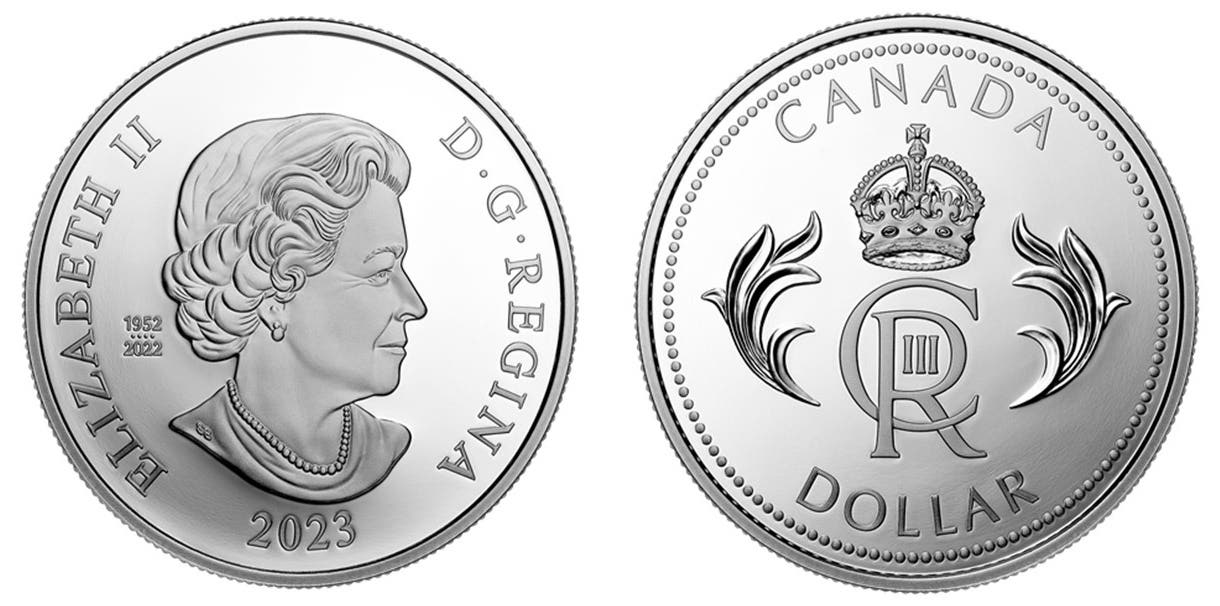Coming Basel 3 Gold Regulations Changed
In my May 20 and May 27 columns, I described how the forthcoming Basel 3 regulations might impose major changes in the trading of gold held in unallocated storage. These new…
In my May 20 and May 27 columns, I described how the forthcoming Basel 3 regulations might impose major changes in the trading of gold held in unallocated storage.
These new regulations took effect for non-British European banks at the end of June. They were to take effect at British banks at the beginning of 2022, and for all other banks worldwide at the beginning of 2023.
Under these regulations, major banks would have to beef up their “net stable funding ratios” to cover 85 percent of the gold stored for customers in unallocated storage. Effectively, these banks would either have to increase their shareholders’ equity to do so, or they would be forced to increase their actual physical gold holdings. Such a change would increase the costs of trading unallocated gold contracts and likely lead to a serious decline in the trading of “paper gold.” There is the potential that some of this trade could shift to allocated or segregated gold, sparking a surge in demand for physical metal that could spark a major price increase.
As I explained in the May 27 column, there were a number of actions that the U.S. government could take to prevent the Basel 3 regulations from having a major impact on the trading of gold in paper markets.
It turns out that the U.S. government may not need to get directly involved. However, I do suspect it did have influence behind the scenes in last Friday’s announcement by the Bank of England’s Prudential Regulatory Authority (PRA). That gutted the most important part of Basel 3 changes for gold trading.
In last Friday’s announcement, the PRA said it had “decided to amend its approach to precious metals holdings related to deposit-taking and clearing activities.” It introduced an “interdependent precious metals permission” for which banks clearing gold trades in the London market could apply for exemption from the tighter Basel 3 capital requirements.
As many readers know, London is the world’s largest precious metals trading hub. Its clearing system is operated by a handful of large banks that have storage vaults there. Banks such as JPMorgan Chase, HSBC, ICBC Standard and UBS settle about $30 billion in gold trades every day in this market – virtually all of it in the form of paper contracts, especially derivatives.
In obtaining an exemption from the tighter Basel 3 regulations affecting London gold trading by banks, the greatest potential pressure for higher physical gold demand (and higher prices) under these changes has disappeared.
I’m not surprised at last week’s announcement, except that I would have looked for it to have happened sooner.
However, even though many major banks that trade gold are now potentially “off the hook,” that does not mean that they get off with no consequences. This entire situation has exposed these major gold-trading banks as not really serving their customers.
At a minimum, I expect going forward that there will be some shift by gold buyers away from unallocated storage (mostly meaning paper contracts) toward allocated or segregated storage (meaning a requirement to hold physical gold). Beyond that, I also predict there will be a shift away from using major banks for storing gold. Instead, look for more use of non-bank storage vaults or customers asking to take direct physical custody of their purchases.
As these shifts in investor demand occur, that will add to the pressure for higher gold prices, but to the same extent had the PRA not subverted the Basel 3 regulations for bank capital requirements for gold trading.
Still Time to Complete NCBA Coin Dealer Survey
The National Coin and Bullion Association (NCBA, the relatively new trade name of the Industry Council for Tangible Assets) released a new coin dealer survey a few weeks ago. Dealers who have not yet taken this, you can do so by sending an email to david.crenshaw@ictaonline.org to get a link to take the survey. (At press time, there was an issue accessing the complete survey via direct link.) Every coin dealer is eligible to participate; you do not have to be a member of or join the NCBA.
This survey will update the previous dealer survey taken in 2016. The results of the original survey proved to be a powerful argument when it showed the benefits to state and local governments of adopting sales and use tax exemptions on retail sales of precious metals bullion, rare coins and sometimes even currency. As a result of such exemptions, dealers in states with such exemptions have seen their average sales volume grow 10 times compared to what it was when they had to charge sales tax.
Exemptions sparked more than higher total sales at dealerships. They also brought an increase in the number of coin dealerships, higher industry employment, greater sales of merchandise still subject to sales taxes (such as jewelry, antiques, hobby supplies and other collectibles) and more business for the hospitality industry from higher attendance at coin shows. Because of all these positive developments, state and local governments almost always end up collecting more sales and other taxes after adopting a bullion/coin/currency sales tax exemption than they did when such items were still taxable. The net result of such exemptions is that they are more accurately called business development programs.
Beyond helping gain exemptions in new states, this survey is equally useful in helping to protect existing bullion/coin/currency sales tax exemptions. There were/are actual or potential efforts to revoke existing exemptions in 2020 or 2021 in Minnesota, Nebraska, Pennsylvania, South Carolina and Washington, none of which were enacted as of now.
For maximum effectiveness, this survey needs as many responses as possible. It is even possible to anonymously complete the form – meaning without identifying your business. It only takes 10-15 minutes to complete the survey.
Collectors can help in this effort by asking your local and favorite dealers if they have completed the National Coin and Bullion Association coin dealer survey. The sales tax exemption you might help gain or preserve the one where you live.
Patrick A. Heller was honored as a 2019 FUN Numismatic Ambassador. He is also the recipient of the American Numismatic Association 2018 Glenn Smedley Memorial Service Award, 2017 Exemplary Service Award, 2012 Harry Forman National Dealer of the Year Award and 2008 Presidential Award. Over the years, he has also been honored by the Numismatic Literary Guild (including twice in 2020), Professional Numismatists Guild, Industry Council for Tangible Assets and the Michigan State Numismatic Society. He is the communications officer of Liberty Coin Service in Lansing, Mich., and writes Liberty’s Outlook, a monthly newsletter on rare coins and precious metals subjects. Past newsletter issues can be viewed at www.libertycoinservice.com. Some of his radio commentaries titled “Things You ‘Know’ That Just Aren’t So, And Important News You Need To Know” can be heard at 8:45 a.m. Wednesday and Friday mornings on 1320-AM WILS in Lansing (which streams live and becomes part of the audio archives posted at www.1320wils.com).








